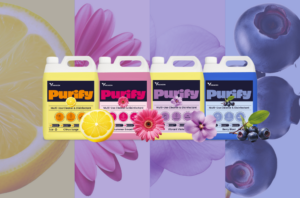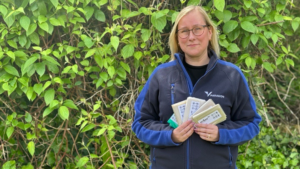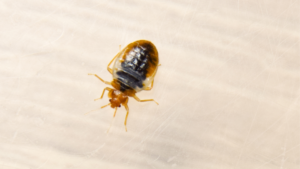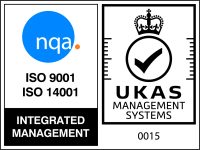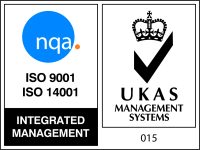When it comes to PPE or personal protective equipment, the function is all in the name. While it is widely used within medical and healthcare settings, PPE can also be effectively utilised within the cleaning sector. In this industry, PPE can sometimes be viewed as a non-essential, a protocol to be deployed only when absolutely necessary. Despite this, cleaners and their employers should each know and understand not only when and how to use PPE, but how good-quality PPE can offer the best level of protection for hygiene professionals.
What is PPE and What Does it Do?
According to the UK’s Health and Safety Executive (HSE), “PPE is equipment that will protect the user against health or safety risks at work. It can include items such as safety helmets, gloves, eye protection, high-visibility clothing, safety footwear and safety harnesses. It also includes respiratory protective equipment (RPE).” Employers, it adds, have a responsibility to provide PPE to employees and to encourage them to use it effectively.
PPE can be utilised to protect against a range of dangers. For example, as the HSE explains, it is used to protect the skin, eyes and lungs from dangerous or corrosive liquids or from irritation from contaminated air. In the context of a cleaning task, PPE can offer a dual level of protection. As described, it can mitigate the risk of irritation caused by exposure to cleaning products, but it can also protect a cleaner from exposure to dangerous viruses, germs, bacteria and other biohazards such as blood, vomit and feces.
PPE and its Relevance to the Cleaning Sector
As a method of protection against a range of irritants and biohazards, PPE should be considered an essential for all hygiene professionals. As CleanLink explains, “A basic level of personal protective equipment (PPE) should be used by all front-line custodial workers, no matter what job they are performing or what chemical they are using. Protecting workers from cleaning chemicals and restroom germs will keep them efficient and safe.” It also adds that the provision of PPE should be considered as “best practice” by custodial managers.
The British Institute of Cleaning Science (BICSc) offers its own guidance on the use of PPE here. It recommends that protective items such as gloves, masks, aprons and eye visors be worn by cleaners under certain circumstances, but that the degree of PPE needed may change depending on the level of risk presented during a task. “Personal protective equipment is provided by the employer to protect operatives from safely conducting their task as identified by the relevant risk assessment. During an infection outbreak, the level of PPE may change and will play a vital role in protecting the operative and the building users from the risk of cross-infection,” it adds.
PPE: Industry Standards and Guidance
With a multitude of suppliers on the market and with many producing PPE to varying standards of quality, it can be difficult for cleaners to choose equipment that will offer them the best level of protection. Speaking specifically of face masks, there are a range of grades available for medical and non-medical uses and, for those looking for an in-depth overview for the types currently available on the market, Dental Nursing provides a comprehensive guide here.
Before selecting any kind of PPE, HSE advises that cleaners should ask themselves, “Who is exposed and to what?”, “How long are they exposed for?” and “How much are they exposed to?”. It also adds that hygiene professionals should, “Choose products which are CE marked in accordance with the Personal Protective Equipment (Enforcement) Regulations 2018.” A supplier should be able to confirm if their PPE conforms to these standards. The standards to which PPE should adhere are outlined on the website of the British Standards Institution.
HSE also adds that those using PPE should be instructed in how to use their equipment, how to store it and how to remove it safely. The executive states that – when seeking to purchase PPE – hygiene professionals should take the time to explain their task, and likewise, any hazards to which they may be exposed during the course of that task, to a supplier. This will enable a supplier to match the most appropriate PPE to any given job. Above all, the executive cautions cleaners to, “Never allow exemptions from wearing PPE for those jobs that ‘only take a few minutes’.” HSE’s full range of guidance on the topic can be found here.
Far from a non-essential piece of kit, PPE is a vital tool in protecting cleaners and allowing them to do their job safely. With best practice knowledge of PPE, both hygiene professionals and those who engage them can help to ensure both cleaning quality and individual wellbeing.




